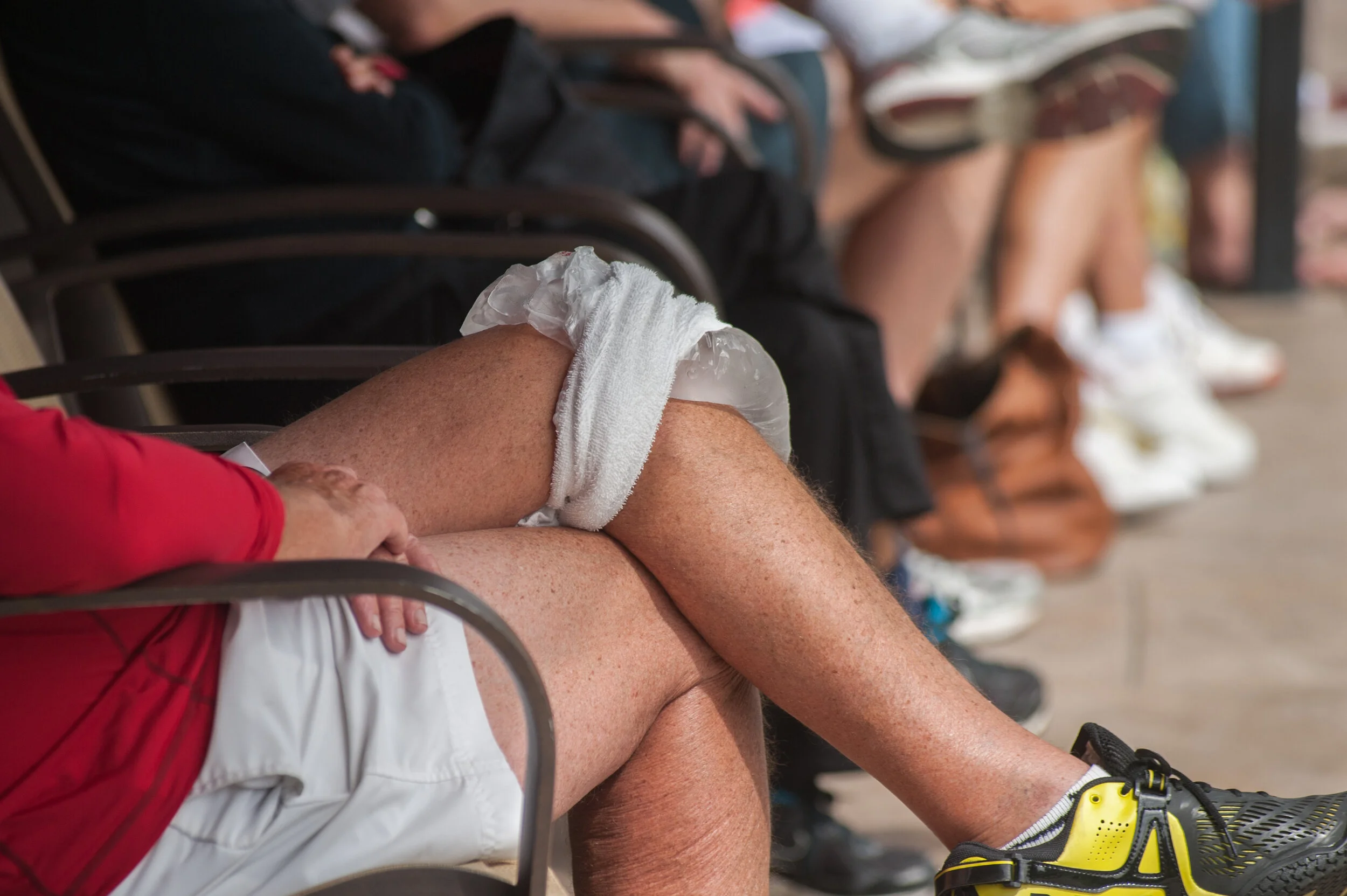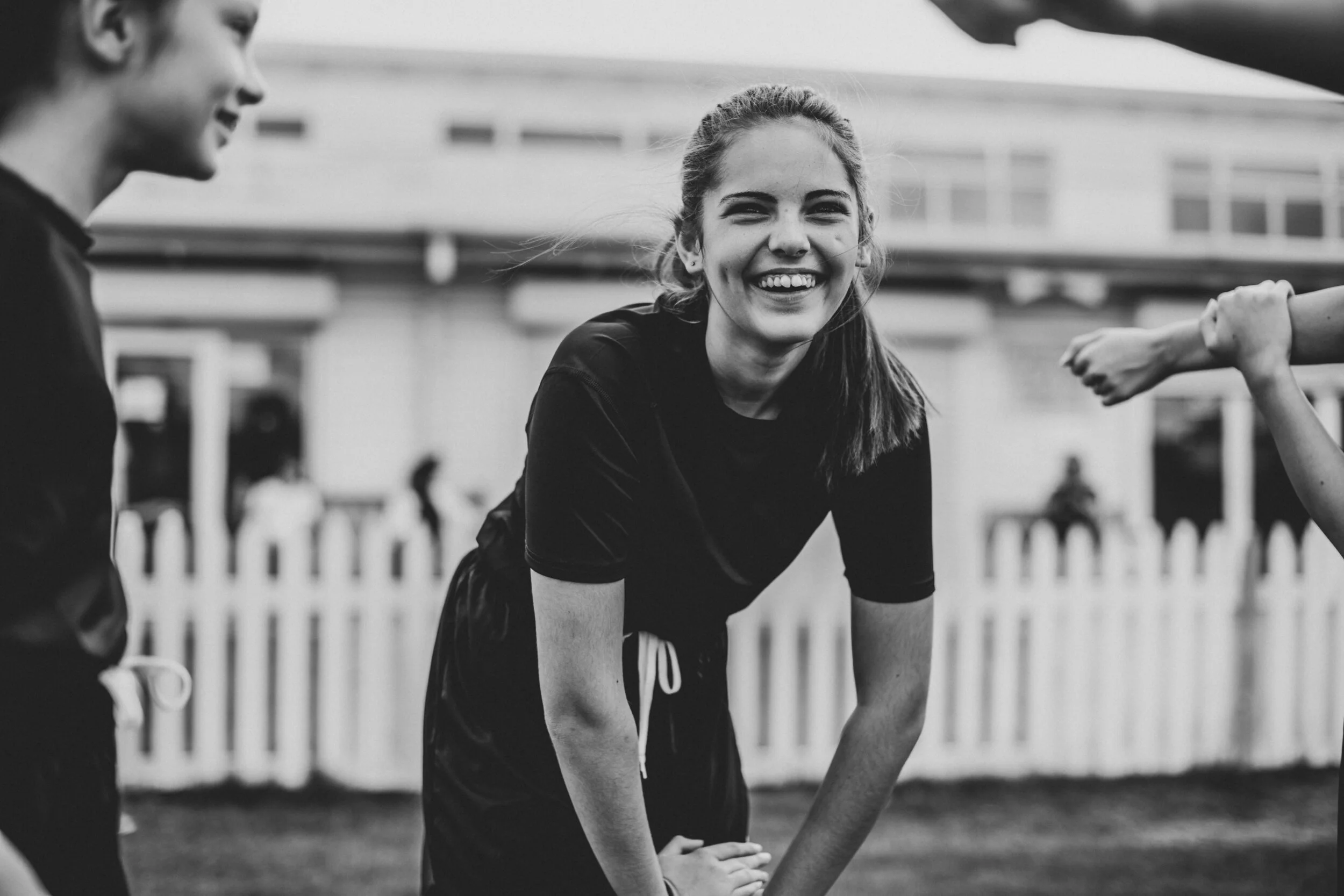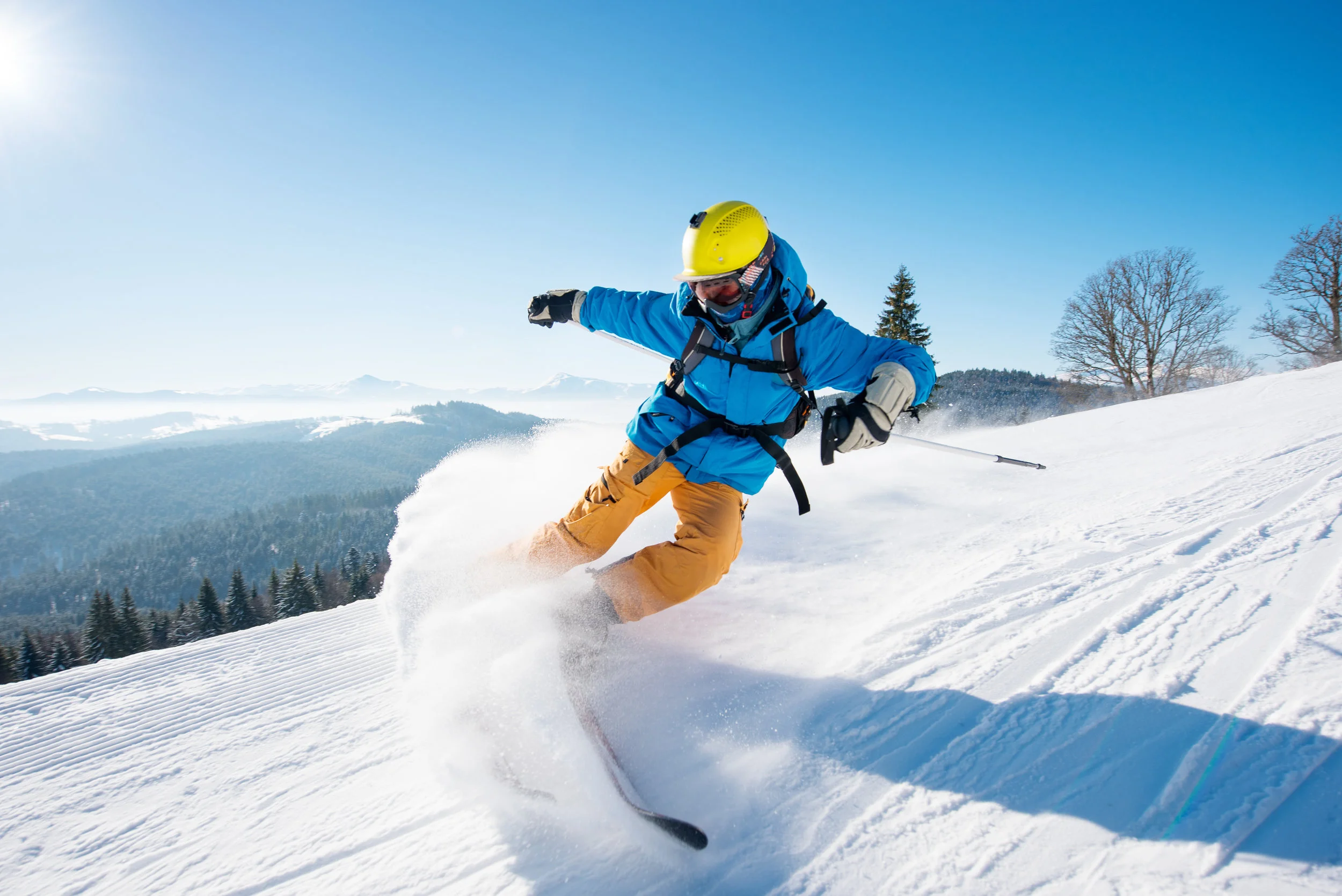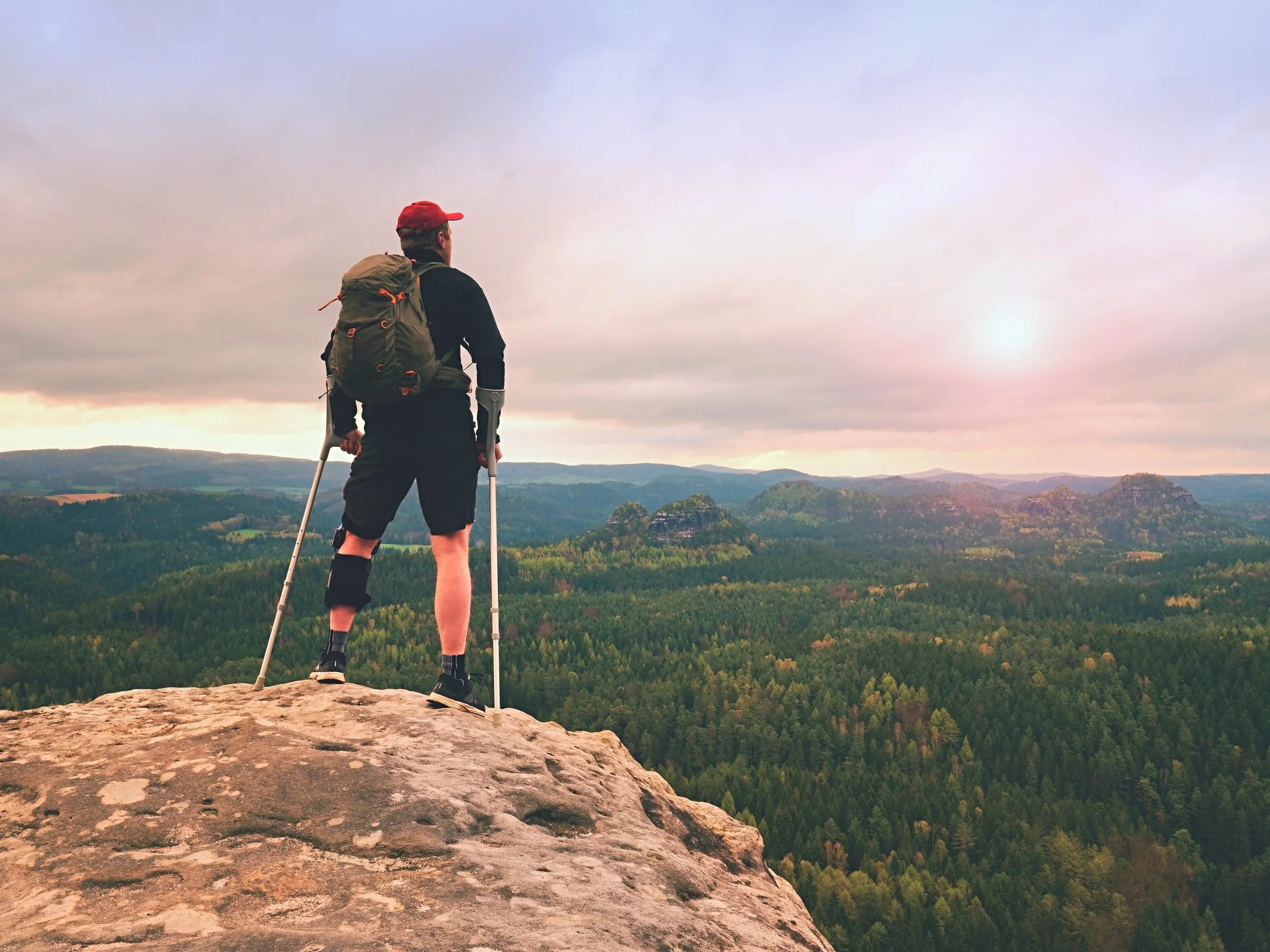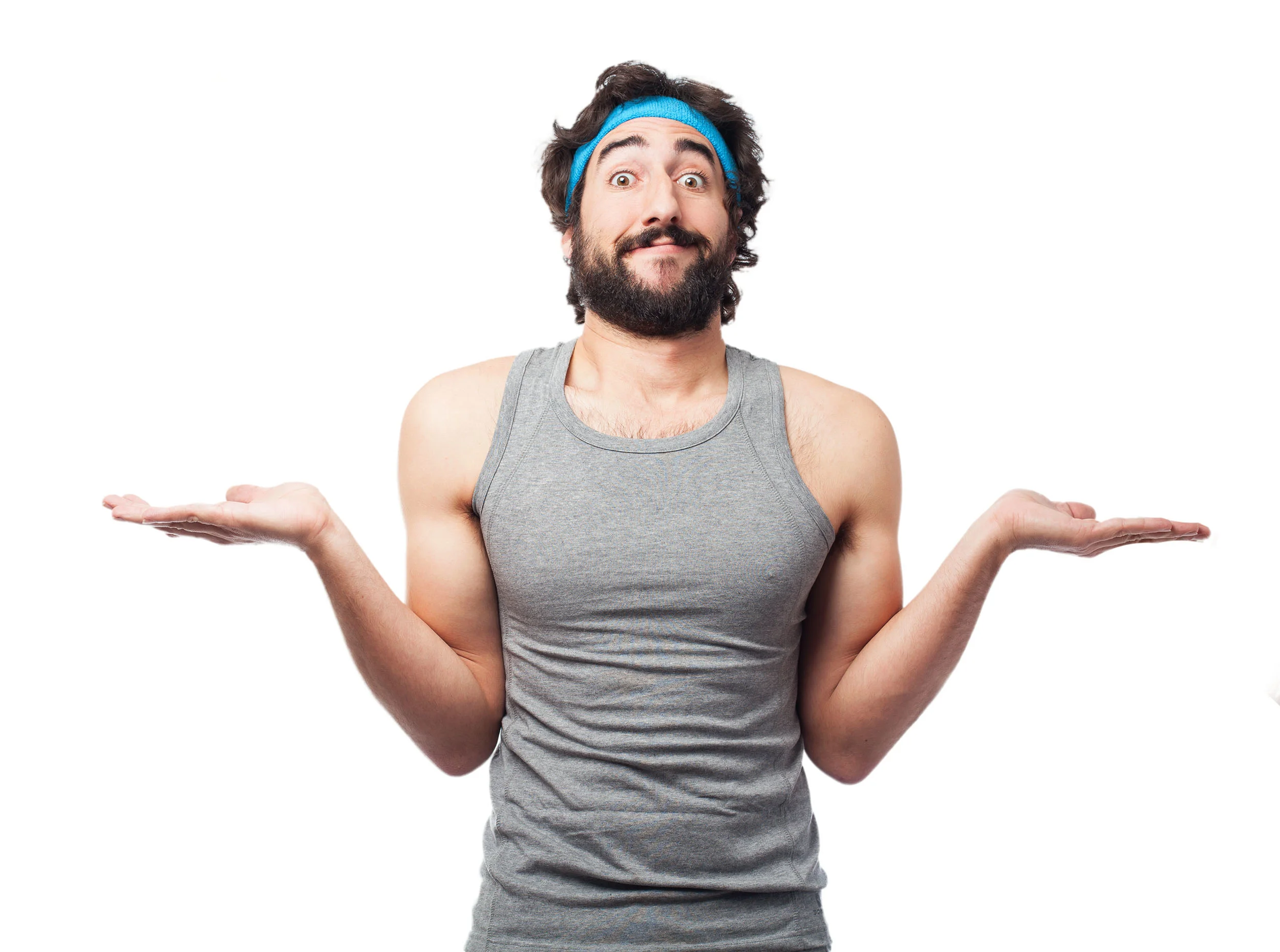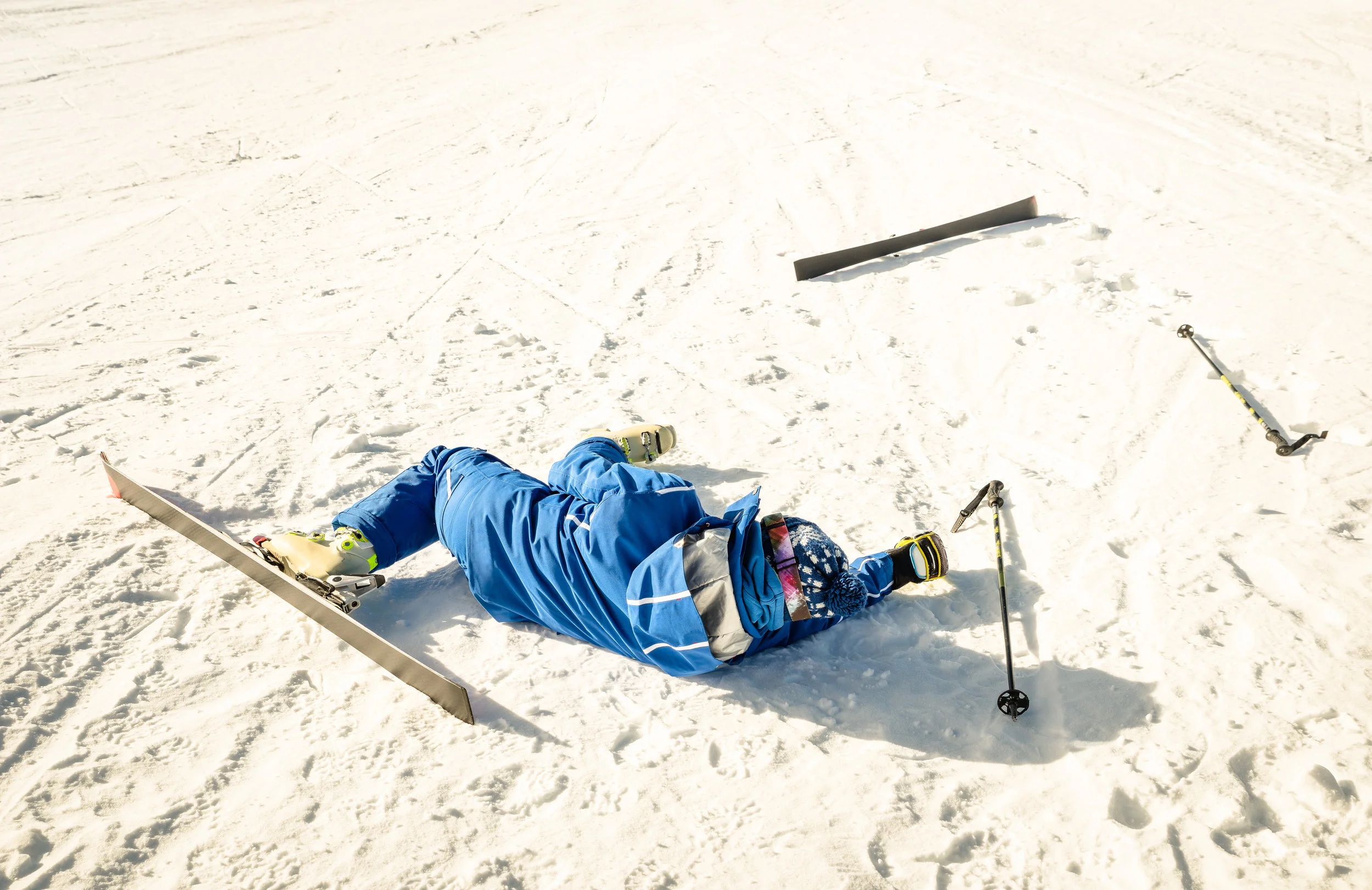Healthy Exercises For The Aging Athlete
As we age, we begin to face the issues inherent within the process. That's just part of the game of life! What I don’t like to see is for aging adults to lose their independence due to physical issues. Feeling like you can’t take on the world by yourself can actually lead to a lifestyle that exacerbates health problems such as hearing and sight loss, high blood pressure, arthritis, and depression.
However, with a healthy program consisting of the right exercises, we can combat the effects of aging and prolong our physical health and mental well-being. Let’s talk about a couple of ways to do that here today.
Get an Evaluation
A good starting point for the aging adult is to undergo a comprehensive medical evaluation which includes a musculoskeletal evaluation. The reason for this is to advise on the risk and prevent future catastrophic injuries. We can also use this to create a personal plan of action for activities and exercises specific to your individual needs.
Why Exercise?
While the positive effects of regular exercise may seem like a no-brainer, let’s review some of them here. A specialized program of exercise can lead to:
- Increased balance,
- A higher level of strength,
- More flexibility
- Higher levels of endurance.
What Types Of Exercise Are Right For You?
With most mature athletes, we want to introduce a program that consists of about 45 minutes of exercise. Doing this three or four days a week will create a big impact in terms of health and wellness.
For mature athletes who are experiencing recurring arthritis or pain in the lower body, we want to stay away from high-impact, lower-body exercises such as running or even strenuous bouts of walking. And of course, potentially high-impact sports that involve a high amount of running (such as basketball) should be avoided.
If you have shoulder or arm issues, you’ll obviously want to stay away from exercise that are going to exacerbate those conditions. This applies to free-weights and exercises or sports that involve throwing or strenuous lifting. So if you feel like showing off at the gym, skip those curls or overhead presses and pull-ups. Remember, any repetitive exercise can cause a problem, so if you feel like you are having issues due to exercise, take a break and isolate the problem.
Some Exercises We Recommend
Swimming
Swimming is a fantastic way to get cardio while building strength and muscle. The buoyancy and resistance of the water provide a safe but effective way to start from scratch and then build your program of exercise in a safe and fun way.
Water Aerobics
While these programs seem to be more often favored by the ladies, anyone can gain healthy results with water aerobics. Again, the buoyancy and resistance of the water coupled with the consistent movement are a double-whammy (in a good way) when it comes to helping the aging athlete build strength and endurance.
Walking
Don’t underrate walking as an easy, effective way to get the exercise you need to enjoy a healthy aging process. Walking is another way to build from scratch and amp it up when it’s time to push yourself a bit further. Another benefit of walking: it will get you outside enjoying fresh air, whether you are at the local track or walking/hiking light trails.
Cycling
For people who are used to getting most of their exercise from running, it can be difficult to leave that behind when the lower body starts to protest with chronic pain.
Biking is a great substitute that won’t put as much stress on the joints and legs, but will still allow you to hit the open road with the intensity and gusto that you’ve probably become used to with your running program.
Low-Impact Sports
Just because you are an aging athlete doesn’t mean you have to abandon your favorite sports. However, be aware that even low-impact team sports (such as softball and basketball) that involve other people may open the door for possible injuries due to other people’s clumsiness or incidental contact with the other athletes.
Competitive, No-Impact Sports
Lawn bowling, tennis, golf, badminton…there is a whole category of non-impact yet competitive sports that the aging athlete can enjoy. Participating in this category of activity gives aging athletes the chance to experience the thrill of victory and the agony of defeat, all while engaging in some low-drag exercise that will benefit them from a cardio-vascular standpoint.
Get Out There And Get Fit!
Your body is aging, and that’s natural! But don’t use this as an excuse to abandon activities that may greatly benefit your overall health and well-being. With a program of regular exercise, you’ll enjoy a greater level of physical, mental, and emotional stability and wellness. So get out there, get fit, and enjoy yourself.
If You Enjoyed This Article, Please Feel To Share This With Your Network Of Friends And Colleagues. Below Is Text You Can Cut And Paste Into Any Of Your Favorite Social Networks Or Emails.
For Google +
With a healthy program consisting of the right exercises, we can combat the effects of aging and prolong our physical health and mental well-being. Let’s talk about a couple of ways to do that here today. https://williamsterett.com/blog-dr-william-sterett/healthy-exercises-for-aging-and-eldery
For Facebook
With a healthy program consisting of the right exercises, we can combat the effects of aging... https://williamsterett.com/blog-dr-william-sterett/healthy-exercises-for-aging-and-eldery
For Twitter
With the right exercises, we can combat the effects of aging... https://williamsterett.com/blog-dr-william-sterett/healthy-exercises-for-aging-and-elder
For LinkedIn Description
With a healthy program consisting of the right exercises, we can combat the effects of aging and prolong our physical health and mental well-being. Let’s talk about a couple of ways to do that here today. https://williamsterett.com/blog-dr-william-sterett/healthy-exercises-for-aging-and-eldery








